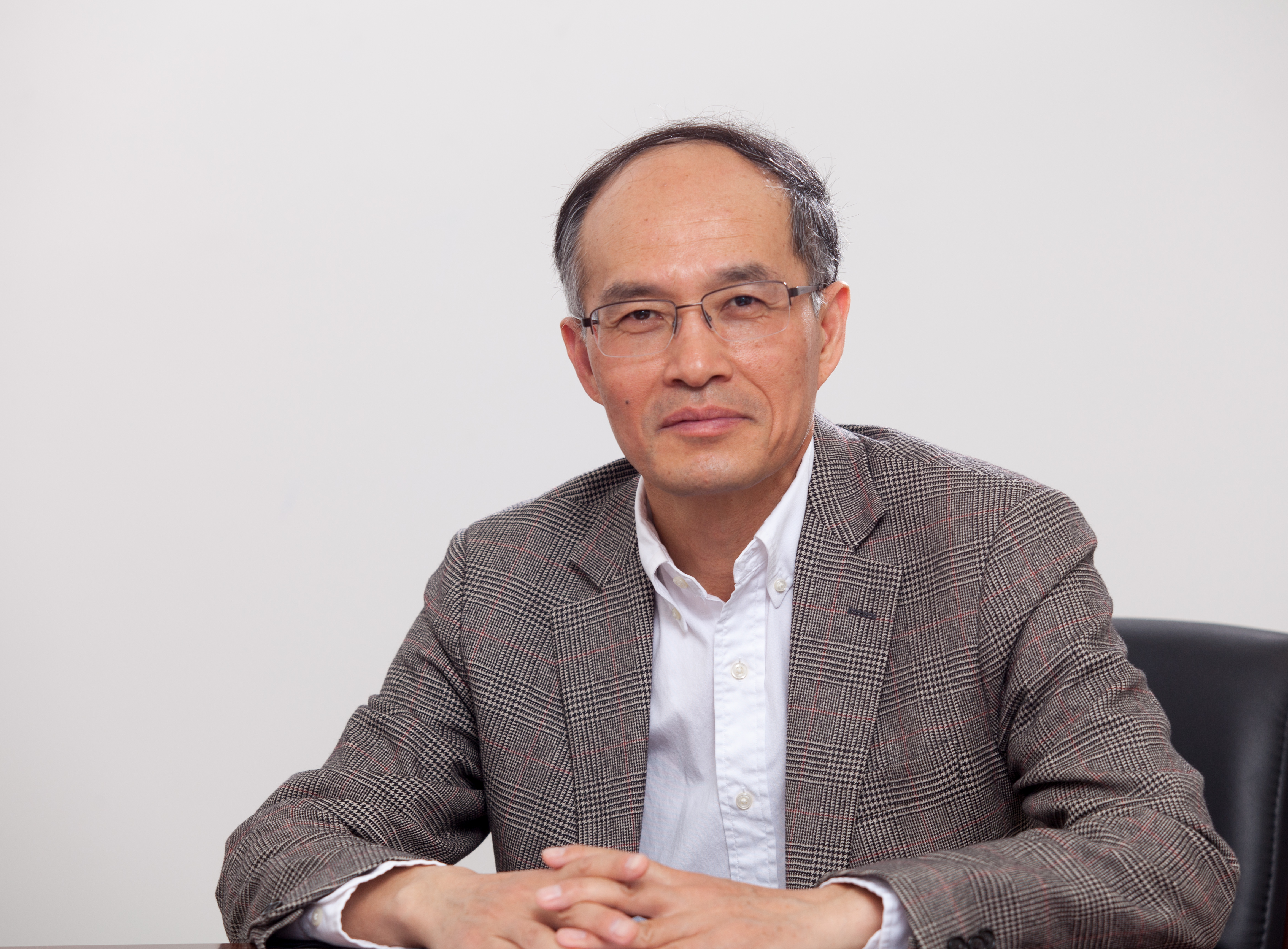 Feiyue Wang
received his Ph.D. degree in computer and systems engineering from the Rensselaer Polytechnic Institute, Troy, NY, USA, in 1990. He joined The University of Arizona in 1990 and became a Professor and the Director of the Robotics and Automation Laboratory and the Program in Advanced Research for Complex Systems. In 1999, he founded the Intelligent Control and Systems Engineering Center at the Institute of Automation, Chinese Academy of Sciences (CAS), Beijing, China, under the support of the Outstanding Chinese Talents Program from the State Planning Council, and in 2002, was appointed as the Director of the Key Laboratory of Complex Systems and Intelligence Science, CAS, and Vice President of Institute of Automation, CAS in 2006. He found CAS Center for Social Computing and Parallel Management in 2008, and became the State Specially Appointed Expert and the Founding Director of the State Key Laboratory for Management and Control of Complex Systems in 2011.
Feiyue Wang
received his Ph.D. degree in computer and systems engineering from the Rensselaer Polytechnic Institute, Troy, NY, USA, in 1990. He joined The University of Arizona in 1990 and became a Professor and the Director of the Robotics and Automation Laboratory and the Program in Advanced Research for Complex Systems. In 1999, he founded the Intelligent Control and Systems Engineering Center at the Institute of Automation, Chinese Academy of Sciences (CAS), Beijing, China, under the support of the Outstanding Chinese Talents Program from the State Planning Council, and in 2002, was appointed as the Director of the Key Laboratory of Complex Systems and Intelligence Science, CAS, and Vice President of Institute of Automation, CAS in 2006. He found CAS Center for Social Computing and Parallel Management in 2008, and became the State Specially Appointed Expert and the Founding Director of the State Key Laboratory for Management and Control of Complex Systems in 2011.
His current research focuses on methods and applications for parallel intelligence, social computing, and knowledge automation. He is a Fellow of INCOSE, IFAC, ASME, and AAAS. In 2007, he received the National Prize in Natural Sciences of China, numerous best papers awards from IEEE Transactions, and became an Outstanding Scientist of ACM for his work in intelligent control and social computing. He received the IEEE ITS Outstanding Application and Research Awards in 2009, 2011, and 2015, respectively, the IEEE SMC Norbert Wiener Award in 2014, and became the IFAC Pavel J. Nowacki Distinguished Lecturer in 2021.
Since 1997, he has been serving as the General or Program Chair of over 30 IEEE, INFORMS, IFAC, ACM, and ASME conferences. He was the President of the IEEE ITS Society from 2005 to 2007, the IEEE Council of RFID from 2019 to 2021, the Chinese Association for Science and Technology, USA, in 2005, the American Zhu Kezhen Education Foundation from 2007 to 2008, the Vice President of the ACM China Council from 2010 to 2011, the Vice President and the Secretary General of the Chinese Association of Automation from 2008 to 2018, the Vice President of IEEE Systems, Man, and Cybernetics Society from 2019 to 2021. He was the Founding Editor-in-Chief (EiC) of the International Journal of Intelligent Control and Systems from 1995 to 2000, IEEE ITS Magazine from 2006 to 2007, IEEE/CAA JOURNAL OF AUTOMATICA SINICA from 2014-2017, China's Journal of Command and Control from 2015-2021, and China's Journal of Intelligent Science and Technology from 2019 to 2021. He was the EiC of the IEEE Intelligent Systems from 2009 to 2012, IEEE TRANSACTIONS on Intelligent Transportation Systems from 2009 to 2016, IEEE TRANSACTIONS ON COMPUTATIONAL Social Systems from 2017 to 2020. Currently, he is the President of CAA's Supervision Council, and the EiC of IEEE Trans. on Intelligent Vehicles.